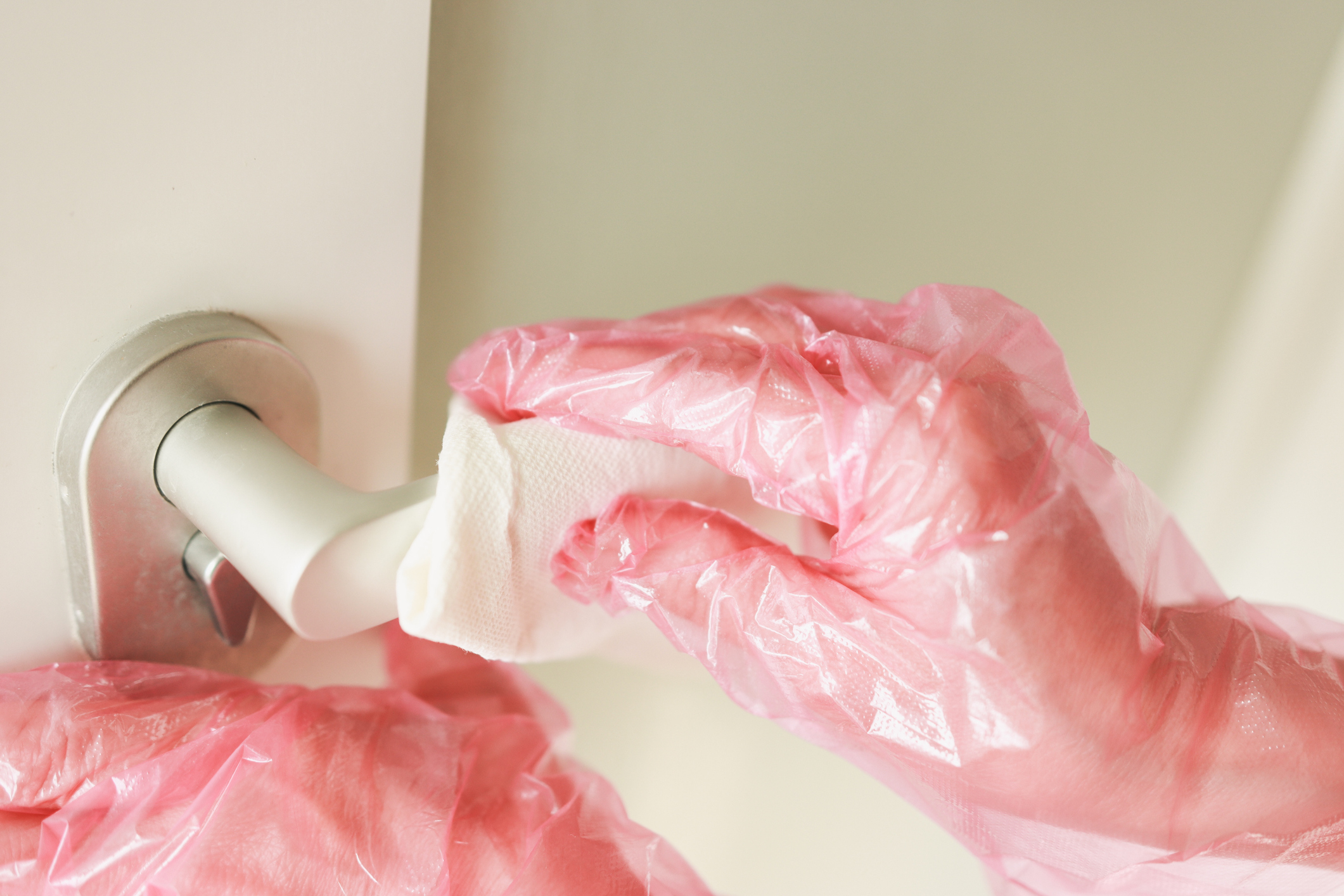 Obsessive Compulsive Disorder (OCD) is a chronic mental health condition that is characterized by unreasonable thoughts or obsessions that lead to repetitive behaviors(compulsions) such as excessive handwashing.
Obsessive Compulsive Disorder (OCD) is a chronic mental health condition that is characterized by unreasonable thoughts or obsessions that lead to repetitive behaviors(compulsions) such as excessive handwashing.
For many living with OCD, the stress of the COVID-19 pandemic has greatly impacted their mental health.
The threat of being infected with the virus and potentially becoming ill have presented certain challenges and in some cases exacerbated symptoms.
Stress and anxiety caused by the pandemic may result in the worsening of the following OCD symptoms:
- Fear of contamination (Being afraid to touch objects other people have touched, or being afraid to touch others)
- Excessive hand washing or showering
- Excessively cleaning household items or other objects
- Compulsive hoarding
- Persistent unwanted or intrusive thoughts
- Constantly checking that nothing terrible has happened
- Difficulty dealing with uncertainty
According to the International OCD Foundation, there are measures that those living with OCD can apply to help them navigate this challenging time; these include:
- Give yourself permission to set a basic safety plan based on the recommendations of trusted health organizations, and do not add to it.
- Wash your hands with soap and water for 20 seconds after being outside or in public, before eating, after going to the bathroom, and after you’ve coughed/sneezed/blown your nose. If soap and water are not available to you, use hand sanitizer that contains at least 60% alcohol.
- If you want to do more than this, pick a person to help you figure out what might be a reasonable and rational safety measure to take.
- Remind yourself that no one can protect themselves “perfectly” from COVID-19, and no one expects you to. Times like these call for using your common sense instead of going to perfectionistic extremes.
- Be mindful that your OCD may take advantage of COVID-19 fears by telling you that you might have infected someone or that you are going to infect someone in the future, whether accidentally or on purpose.
- If you’re noticing these intrusive thoughts, or that you’re doing compulsions related to these thoughts, check in with your therapist and let them know how your symptoms might have changed. They can work with you to come up with new exposures and/or homework activities to help contain them.
If you are struggling with the symptoms of OCD or other mental health conditions please reach out to a mental health professional for assistance.
To schedule an appointment with a mental health professional at Flushing Hospital Medical Center, please call 718-670-5316.
All content of this newsletter is intended for general information purposes only and is not intended or implied to be a substitute for professional medical advice, diagnosis or treatment. Please consult a medical professional before adopting any of the suggestions on this page. You must never disregard professional medical advice or delay seeking medical treatment based upon any content of this newsletter. PROMPTLY CONSULT YOUR PHYSICIAN OR CALL 911 IF YOU BELIEVE YOU HAVE A MEDICAL EMERGENCY.
